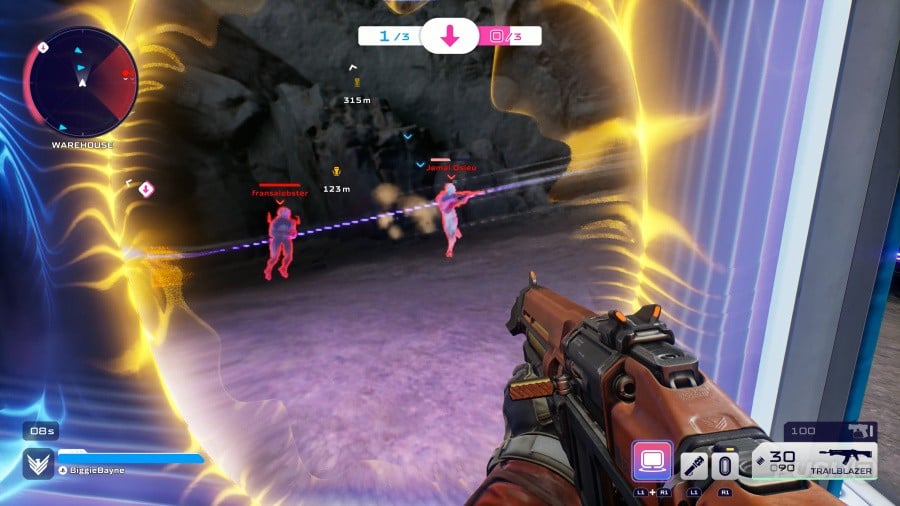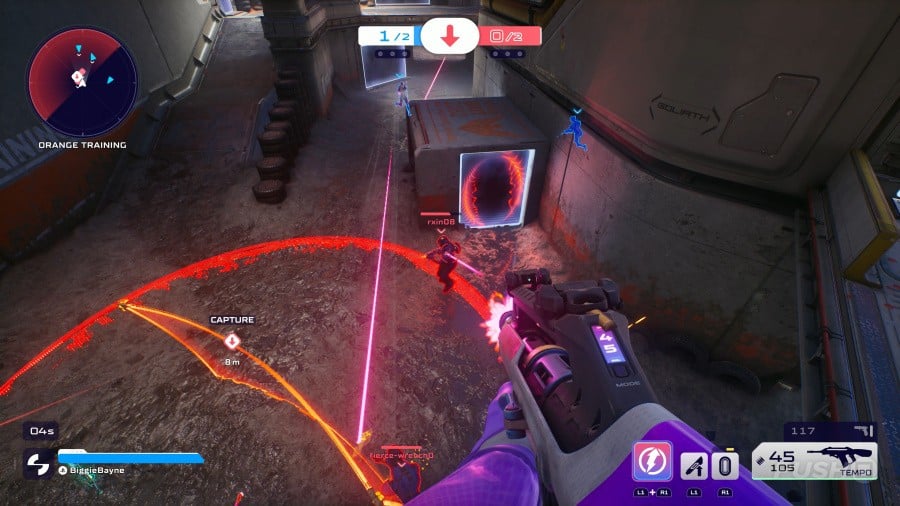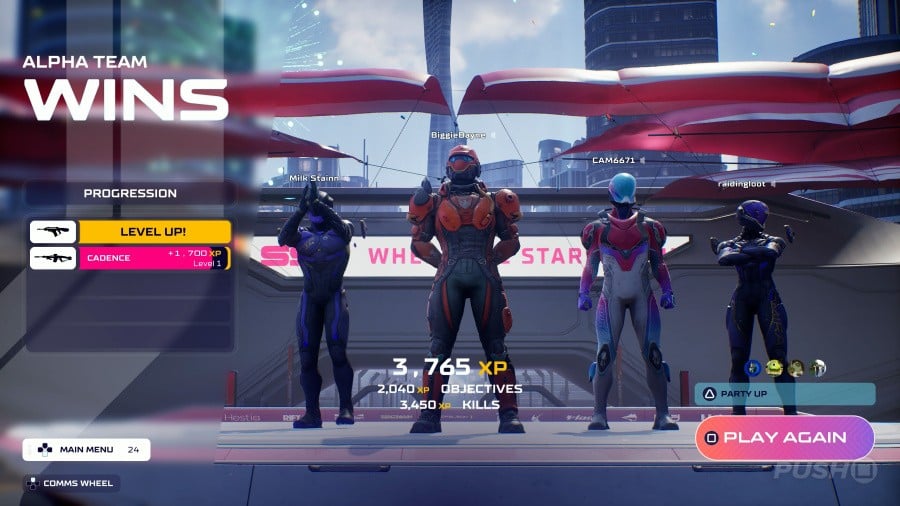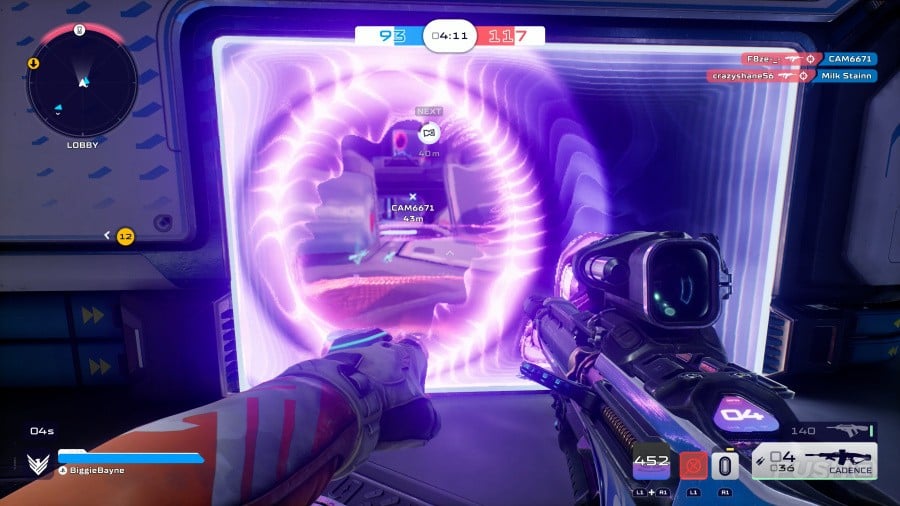The Halo-inspired portal shooter returns with Splitgate 2, delivering polished mechanics but lacking innovation. While 1047 Games addresses technical shortcomings from its predecessor, the sequel struggles to establish itself as a genre standout despite refined combat and visuals.
Originally gaining traction in 2021, the franchise stood out by blending sci-fi gunplay with spatial manipulation. This iteration maintains core ideas while modernizing aesthetics, trading rugged textures for vibrant arenas. Controls now match contemporary titles, though mastery requires adapting to its signature portal dynamics.

Portal deployment via shoulder buttons initially serves basic traversal, but evolves into tactical plays like surprise attacks or gravity-defying escapes. Strategic placement demands map familiarity, as only designated surfaces permit portals. While satisfying to master, environmental designs feel restrictive compared to earlier entries.
Match variety compensates for repetitive battlegrounds. Beyond standard team skirmishes, inventive modes like Splitball emphasize objective-based portal use. Larger 24-player clashes showcase scalability, though their chaotic nature sometimes undermines strategy.

Progression revolves around three hero archetypes with interchangeable weapons but distinct abilities. Leveling unlocks weapon mods and tactical perks, though customization feels surface-level compared to competitors. Monetization draws criticism for overpriced cosmetics and an uninspired battle pass system.

A user-generated content system shows promise, currently populated by derivative designs but potentially fostering community creativity. The included battle royale mode feels hastily implemented, failing to meaningfully incorporate portal mechanics beyond standard elimination rulesets.
Conclusion
Splitgate 2 represents measurable technical progress while sacrificing some original charm. Its portal system delivers engaging mastery curves, and diverse modes ensure replayability. Yet bland environments and monetization missteps prevent it from escaping the shadow of its ambitious premise.

